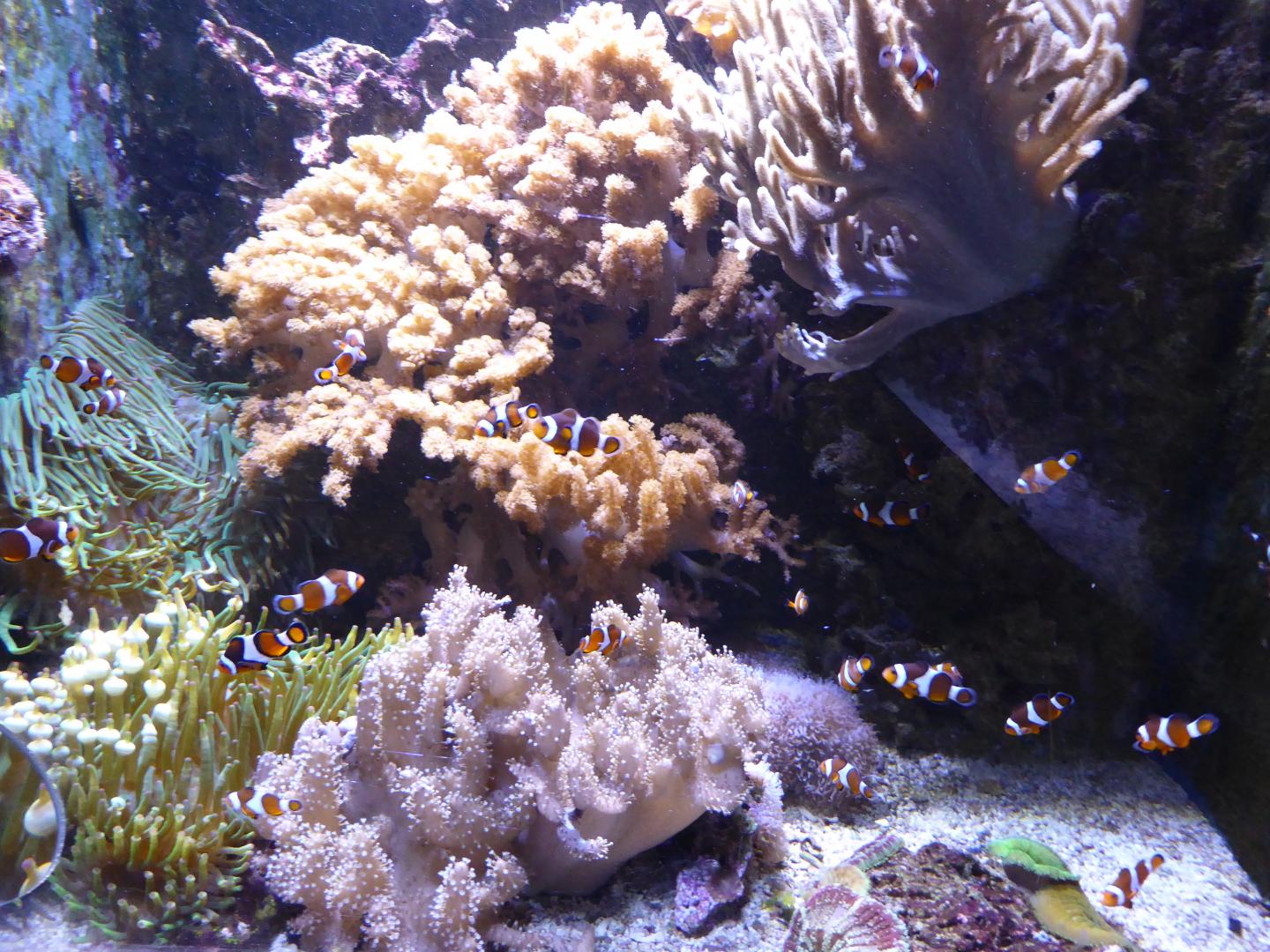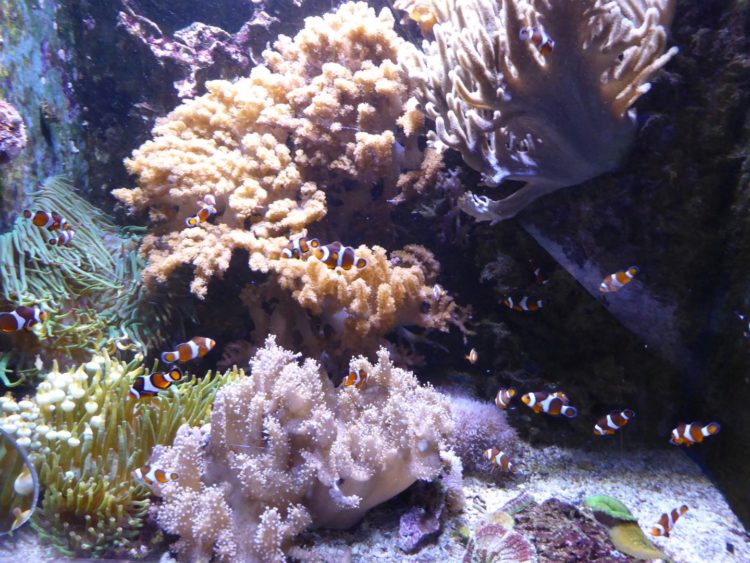
Credit: Paul Rose
Zoo improvements should benefit all animals and include a wide range of “enrichment” techniques, researchers say.
Zoos have made great advances in “environmental enrichment” – making changes to encourage natural behaviour and improve animal wellbeing.
But researchers from the University of Exeter and the University of Winchester say efforts disproportionally focus on large, “popular” animals – with less focus on creatures such as invertebrates, fish and reptiles.
The study, based on interviews with zoo professionals, revealed support for enrichment – but a lack of evaluation and evidence to measure the effectiveness of changes.
“There are a range of different types of enrichment, and it seems that only certain types are used for certain species,” said Dr Paul Rose, of the University of Exeter.
“For example, enrichment for large predators will often focus on the way they are fed.
“But nutrition is only one of the five categories of enrichment – along with the physical environment, sensory stimulation, occupation (activities) and social structure.”
Previous Exeter research showed that research carried out in zoos focusses disproportionately on animals that are popular with zoo visitors – and a similar pattern exists in enrichment.
“It’s common to see a lot of effort devoted to enriching the environment for lions or tigers,” said Dr Rose.
“But who considers giving enrichment to invertebrates?
“We wanted to investigate what enrichment is out there for the ‘less exciting’ species we house in the zoo.
“Invertebrates, birds, reptiles and fish are all complex beings, and each species has evolved for a particular niche – so it’s possible to enrich their environments to reflect their natural habitats and social structures.”
He added: “Different planting and features make enclosures rich and varied – and not just to human eyes.
“By considering natural history and a species’ social structure we increase the appeal of this enriched environment to the animals themselves, and to the zoo’s visitors.”
The paper says environmental enrichment must be “underpinned by an evidence-based approach”.
“Zoos work hard to enrich environments, but they need to further evaluate its effectiveness,” Dr Rose said.
“As there is little published information on how well enrichment works, to get best practice we need to keep researching what animals ‘get’ out of the enrichment they are provided with, so we can see its long-term effect.
“What’s great to see is that zoo professionals appreciate that a species’ natural behaviour and its ecology are the driving force behind the design of enrichment, so we are giving enrichment to zoo animals that enables them to behave in a natural way.
“We just need to measure the effect of this.
“The more we can encourage people to do science at the zoo, the more information we will have on how zoo animals like or enjoy the enrichment they are provided with.”
###
The study was partly based on a workshop with zookeepers at the British and Irish Association of Zoos and Aquariums (BIAZA) Research Conference in summer 2017.
The paper, published in the Journal of Zoo and Aquarium Research, is entitled: “Concepts, applications, uses and evaluation of environmental enrichment: Perceptions of zoo professionals.”
Media Contact
Alex Morrison
[email protected]
44-013-927-24828





